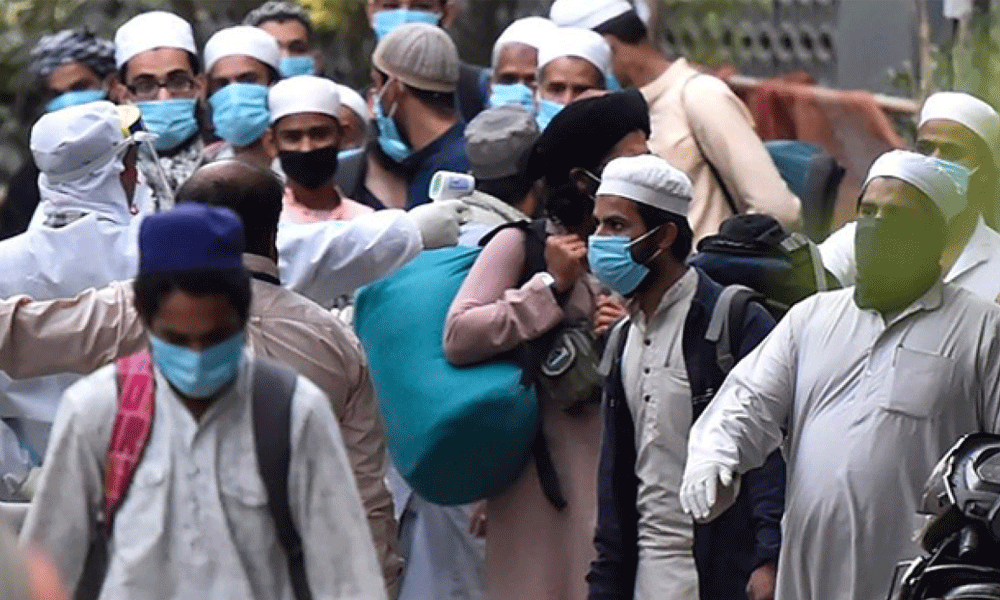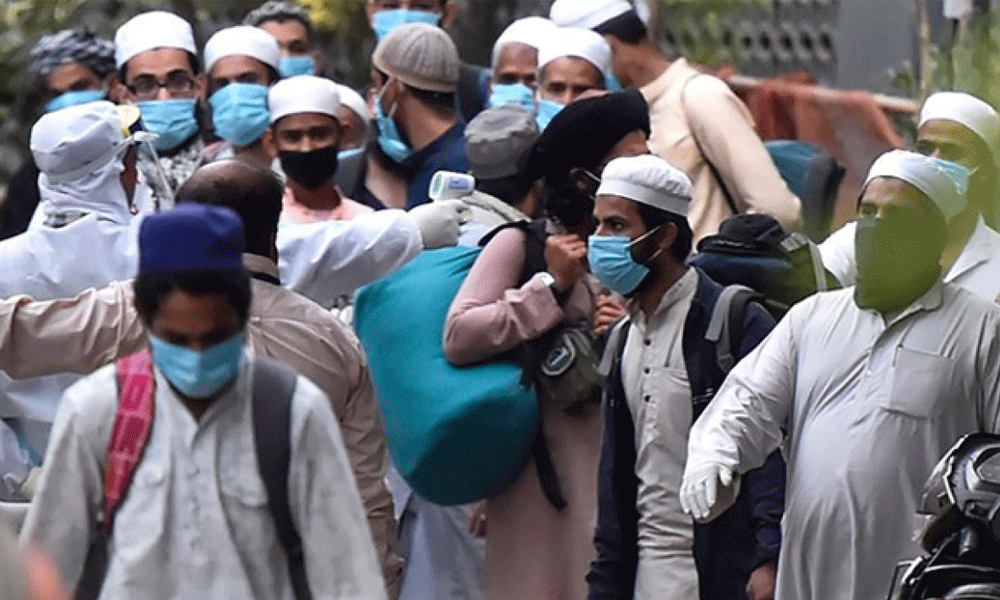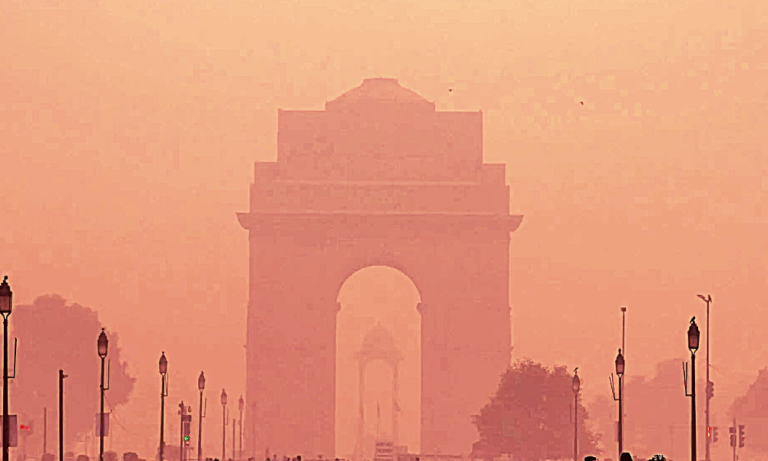This Quarantine period is has brought to a situation where people wonder about the measurements taken by the government and their implications. Quarantine Laws, India is a country of more than a billion population living a compact area with little belief in the concept of Social Distancing, we Indians love to celebrate things with the masses, so a complete lockdown is a challenge that might seem Quarantine impossible. Therefore to complete this challenge, several laws are enforced on the citizens. Let’s see what our laws are being enforced.
Quarantine Laws, The current situation is being dealt with under the Disaster Management Act 2005. Section 6(2)(1) and Section 10(2)(1) talks about Quarantine the making of the policies and their enforcement and the same act has penalties for the offenses which dealt under Section 51-60.

There are many other sections of a few other acts which can be charged on a person who disrupts the public order of quarantine. Quarantine Like if talk about people who joined Jammat or the Gau Muir party then there is a provision of a public nuisance under Section 268 of the IPC says that a person is guilty of a public nuisance when he does an act which causes any common injury, obstruction, danger, or annoyance to the public. The punishment for public nuisance under Section 290 of the IPC is a fine of ₹200 (INR). 200 INR was exorbitant when the IPC was adopted in 1860 about one Quarantine hundred and sixty years back. The continuance of public nuisance after the injunction is a case of continuing and subsisting nuisance. Under Section 291 of the IPC, this kind of nuisance is punishable with six months imprisonment, a fine, or both.

Section 188, 269, 270, and 271 of IPC and Section 133 CrPC, assumes significance in the present scene of the COVID-19 pandemic and lock-down orders. Quarantine The provision relating to a negligent act likely to spread corona infection and causing danger to life is Section 269 of the IPC: “Whoever unlawfully or negligently does any act knowingly to spread the infection of any disease dangerous to life shall be punished with imprisonment of six months and fine or both.” Section 270 further provides that any malignant act likely to spread infection of disease dangerous to life shall be punished for the imprisonment of two years. Section 271 says that disobedience of rule laid down by the government, in present scenario the Lock-down, is subject to six months imprisonment or a fine.
Quarantine The Cabinet Secretary on 11th March 2020 Quarantine enforced Section 2 of the Epidemic Diseases Act in all states and union territories in India to control the spread of coronavirus. It empowers the state government to take measures relevant to the scenario and prescribe rules as to contain dangerous epidemic diseases. The Act confers power to the Central Government to take measures and prescribe rules for the inspection of any ship and detention of a person intending to sail and arrive at any port. Section 3 of the Act prescribes imprisonment of 6 months or a fine, or both as it was in IPC. The officers who are maintaining this order and serving their duty in good faith are protected from any legal proceedings, civil or criminal under Section 4.
In short, unlike many other nations, India has a visionary law system equipped with many such provisions which deal with circumstances for which other nation had to frame another law.








